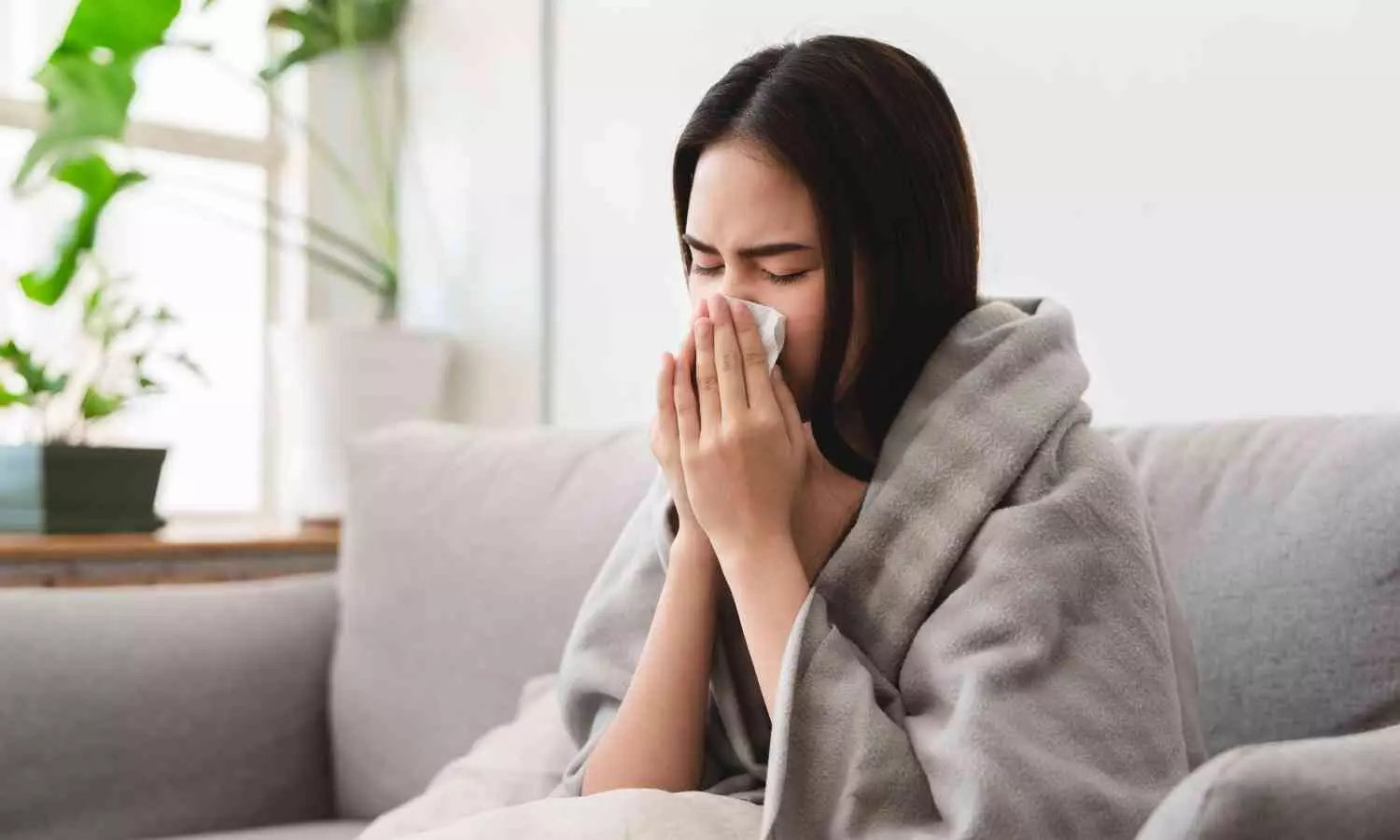Flu Cases Spike Across US

Los Angeles: Flu cases are rapidly rising across the United States, leading some schools to cancel in-person classes or transition to remote learning. According to the latest estimates from the U.S. Centers for Disease Control and Prevention (CDC), the flu has caused at least 24 million illnesses, 310,000 hospitalizations, and 13,000 deaths this season.
The CDC reports that seasonal influenza activity remains elevated and continues to spread nationwide. During the most recent week ending February 1, ten additional influenza-related pediatric deaths were reported, bringing the total to 57 for the season. Over 48,000 patients were admitted to hospitals due to influenza this week alone.
Additionally, the CDC confirmed the first human case of an influenza A (H1N2) variant virus this season. The infection marks the first reported case of a variant influenza virus in the United States during the 2024-2025 flu season.
At least 45 states and jurisdictions are reporting "high or very high" levels of flu activity. Emergency room visits due to influenza are now categorized as "very high" across the country. CDC figures indicate that influenza levels have reached their highest since the peak of the 2009 swine flu pandemic, amid a second wave of infections this winter.
Many schools across the country have opted to cancel classes or shift to online learning as respiratory illnesses surge, Xinhua news agency reported. Influenza is among several respiratory viruses circulating, alongside norovirus, Covid-19, and RSV, forming what experts call a "quad-demic."
The World Health Organization (WHO) describes seasonal influenza as an acute respiratory infection that spreads easily through coughing and sneezing. While most people recover without treatment, vaccination remains the most effective preventive measure.
Common flu symptoms include fever, cough, sore throat, body aches, and fatigue. Treatment primarily focuses on symptom relief, with rest and hydration being essential. In severe cases, particularly among high-risk individuals, medical care may be necessary.


